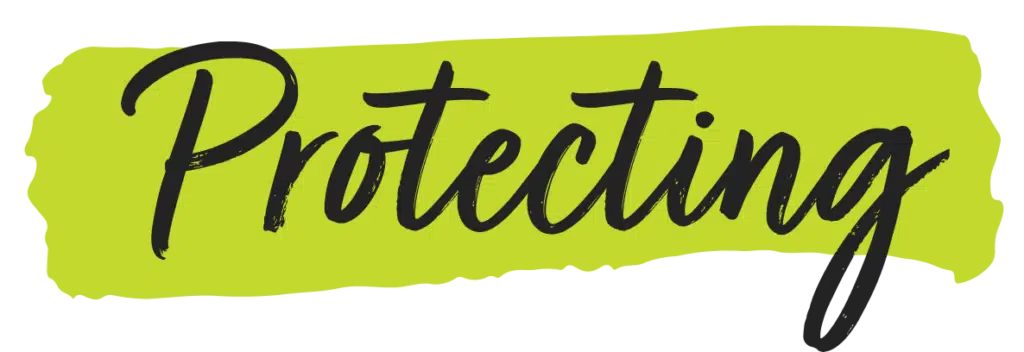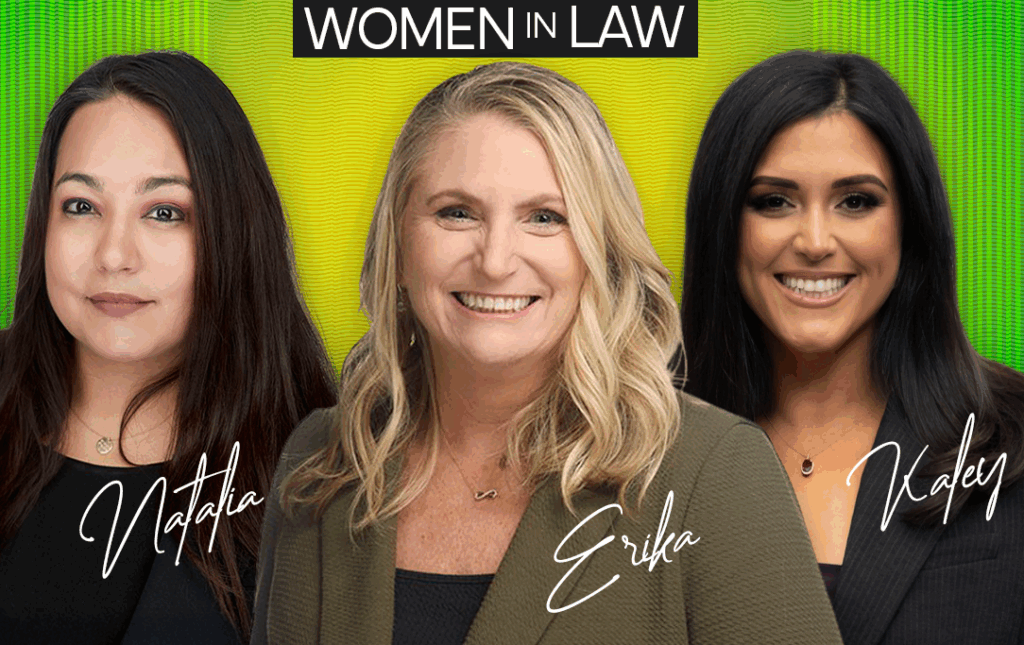Florida Nursing Home Abuse Lawyers
You trust a nursing home to provide the very best care to your loved one. You deserve answers when that trust is betrayed. Our team of empathetic, experienced elder care abuse attorneys at Farah & Farah are prepared to get justice for your loved one’s pain.
Home » Florida Personal Injury Lawyers » Florida Nursing Home Abuse Lawyers
If you know or suspect that someone you love is a victim of nursing home or senior care abuse, you deserve to know the truth – and your loved ones deserve justice. You expect the nursing community overseeing your loved ones to treat them with respect. They should be held accountable when they fail to meet that expectation.
At Farah & Farah, our Florida nursing home abuse lawyers can help you hold negligent parties accountable. Get started now with a free, no obligation case review.
What is Nursing Home Abuse?
Nursing home abuse occurs when staff consciously harm a resident. When the staff fails to meet the standard level of care, there can be terrible consequences. Some frequent examples of types of medical neglect in nursing homes include:
- Failing to follow infection control protocols which could lead to fatal infections for residents with weakened immune systems.
- Failing to perform required physical therapy on a resident properly.
- Failing to provide residents with mobile equipment such as canes and wheelchairs.
- Failing to properly provide a resident with their required medications and other medication errors, such overmedicating in nursing homes.
- Neglecting residents’ basic needs, such as food and water.
- Failure to provide a safe and clean environment for residents.
- Neglecting personal hygiene and providing inadequate hygienic tools for residents, such as toothbrushes, clean laundry, and bathing assistance.
- Isolating, ignoring, yelling at, or intimidating residents which may lead to social and emotional trauma.
Sometimes it can be difficult for loved ones of elders in nursing homes to detect signs of nursing home abuse. Staff may compel residents to stay silent, so it is up to a resident’s family members to vigilantly observe the nursing home environment. A study published in the National Center for Biotechnical Information discovered that only one out of every fourteen cases of elder abuse is reported.
Signs of Nursing Home Abuse
Recognizing the signs of nursing home abuse and neglect can sometimes be difficult. No two instances may be the same.
Family members and friends should be on the lookout for the following signs:
- Unusual or unexplained bruising, cuts, or welts
- Unexplained broken bones or fractures
- Sudden weight loss
- Mood swings or outbursts
- Reclusiveness or withdrawn behavior
- Changes in appetite
- Lethargy
- Bedsores
- Dehydration
- Lack of cleanliness
- Frequent infections
- In cases where psychological or emotional abuse occurs, and there may be no physical signs, look out for fear of being around certain people or avoiding certain areas.
- Bruising or injury in the genital areas in cases of sexual abuse.
It is difficult to think about a loved one being mistreated, but recognizing these signs may help stop elder abuse and document it for future action.
Understanding The Rights of Nursing Home Residents in Florida
Elders receiving nursing home care have many rights. Hiring a Florida personal injury attorney familiar with the rights of nursing home residents can help you understand the full extent of a resident’s rights.
That said, here are some of the rights that residents in Florida:
Florida Nursing Home Resident’s Rights
- Under Florida law, nursing home staff cannot force residents to participate in activities they do not want to do.
- It is nursing home management’s responsibility to prevent any staff members from using physical force or coercion to make residents do something they do not want to do
- Residents also have the right to receive proper medication, medical care for emergencies, and psychiatric counseling.
- They also need sufficient nutrition, access to physical activities, community interaction, and independent space for themselves.
- Residents should also have access to ramps and rails to safely travel the assisted living space, proper air conditioning and heating, clean clothes and bedsheets, and clean drinking water.
- Violating any of these rights may be grounds for a nursing home abuse claim.
Can I Sue For Nursing Home Neglect?
Yes, you can sue for nursing home neglect. If you suspect your loved one has been abused or neglected in a nursing home, you need to act quickly and get them checked by an independent physician. Your actions can help other residents tell their stories to help end abuse in their nursing facility. Talk to a nursing home abuse lawyer as soon as you can. They can tell you about the best approach on how you may be able to recover compensation from a nursing home.
An attorney can help you pursue compensation for economic and non-economic damages, including:
- Medical bills related to the neglect or abuse
- the cost of physical therapy
- pain and suffering damages
- loss of enjoyment of life damages
- relocation expenses if necessary
- possible punitive damages against the person or agency responsible
In cases where the nursing home abuse or neglect leads to the wrongful death of a resident, you could be entitled to compensation for:
- your loved one’s pre-death medical expenses
- funeral and burial expenses
- loss of support and services
- loss of companionship damages
- instruction and guidance
- mental anguish and suffering damages
Remember, each case is different and requires a unique strategy. Contacting an experienced lawyer as soon as possible can help improve your chances of recovering justice.
How a Florida Nursing Home Abuse Attorney Can Help You
No one should ever receive cruel care, especially our dignified senior population. Nursing home abuse is all too common. Some nursing homes may offer a lowball settlement in an attempt to quietly settle the case as quickly as possible. Even worse, some will outright lie in an effort to discredit your loved one and claim they are mentally incompetent or lying.
With such a complex and emotionally charged situation, you and your family deserve only the best legal representation.
Our team of compassionate and experienced elder abuse lawyers is ready to stand up for your loved one. We will investigate every aspect of your case and work to hold those responsible for abusing your loved one accountable.
We work on a contingency basis, so you won’t owe us a dime unless we win or settle your case. Call our elder abuse attorneys now at (877) 245-6707 for your free, no-obligation case review.
Frequently Asked Questions:

free case review
Client Testimonials


YOU AND YOUR FAMILY

Related Blogs













